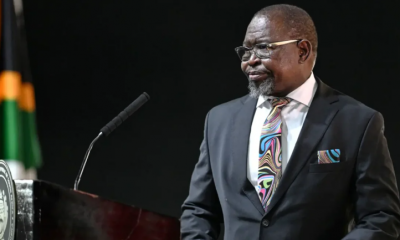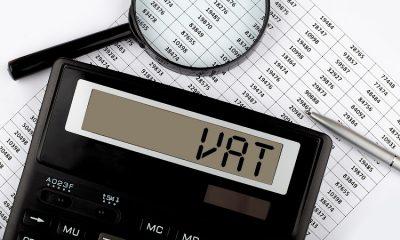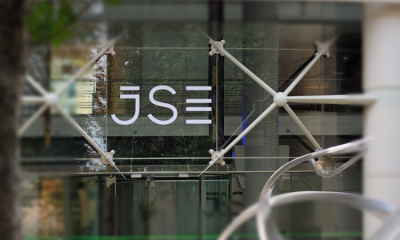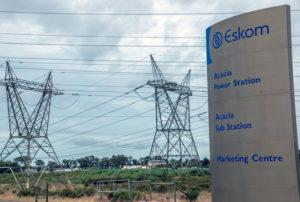Business
Foreign Investors Return: R45.6 Billion Flows into South Africa’s Economy
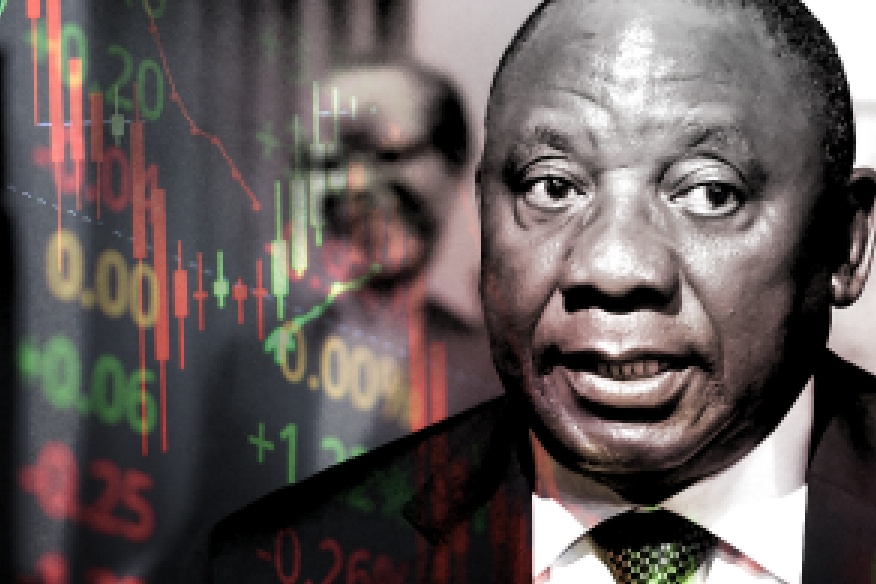
South Africa’s economy is showing promising signs of recovery, with foreign investors injecting R45.6 billion ($2.7 billion) into local debt and equity markets during the third quarter of 2024. This marks the first net inflow since 2022, signaling renewed confidence in the country’s economic prospects.
What’s Behind the Inflows?
The uptick in foreign investment comes as South Africa embarks on a path of political and economic reform. Following the African National Congress (ANC) losing its parliamentary majority in May, the party has formed a coalition government with nine rival parties, including the pro-business Democratic Alliance.
This coalition has committed to:
- Boosting economic growth
- Investing in infrastructure
- Implementing structural reforms in energy, logistics, and local government sectors
Such commitments have improved market sentiment, encouraging international investors to reconsider South Africa as a viable investment destination.
Breaking Down the Numbers
The South African Reserve Bank’s Quarterly Bulletin, released last Friday, highlights the scale of the recovery:
- Debt Market: Non-residents purchased R41.4 billion worth of South African debt, up from R13 billion in the prior quarter.
- Equity Market: Foreign investors bought R4.1 billion in local shares traded on the Johannesburg Stock Exchange, reversing net disposals of R33 billion in the previous quarter.
- Portfolio Inflows: Total portfolio inflows reached R45.6 billion, a significant turnaround from the R20.1 billion outflow recorded in the second quarter.
South African stocks experienced their best third quarter in over a decade, with analysts forecasting continued momentum over the next 12 months. This optimism reflects the improved political environment and market confidence in the coalition government’s growth-focused policies.
While the inflows signal progress, other economic indicators highlight areas that need attention:
- Foreign Direct Investment (FDI): Outflows totaled R3.2 billion, the first since Q3 2020, driven by domestic subsidiaries repaying loans to foreign parent entities.
- Household Debt: The debt-to-disposable-income ratio rose to 62.4%, up from 61.8% in the prior quarter.
- External Debt: South Africa’s total external debt climbed from $158.3 billion in March to $163.8 billion in June.
South Africa’s coalition government faces a delicate balancing act. Sustaining foreign investment requires not only political stability but also swift implementation of reforms in key sectors.
Investors will be watching closely as the government works to:
- Address inefficiencies in energy and logistics
- Create a more business-friendly environment
- Enhance infrastructure spending
With R45.6 billion in fresh investment, South Africa has taken a significant step toward economic recovery. Whether this momentum can be sustained will depend on the government’s ability to turn pledges into tangible progress.
The return of foreign investors is a positive signal for South Africa’s economy. With a coalition government committed to growth and reform, the country is poised to reclaim its position as a top investment destination in emerging markets.
Follow Joburg ETC on Facebook, Twitter , TikTok and Instagram
For more News in Johannesburg, visit joburgetc.com

